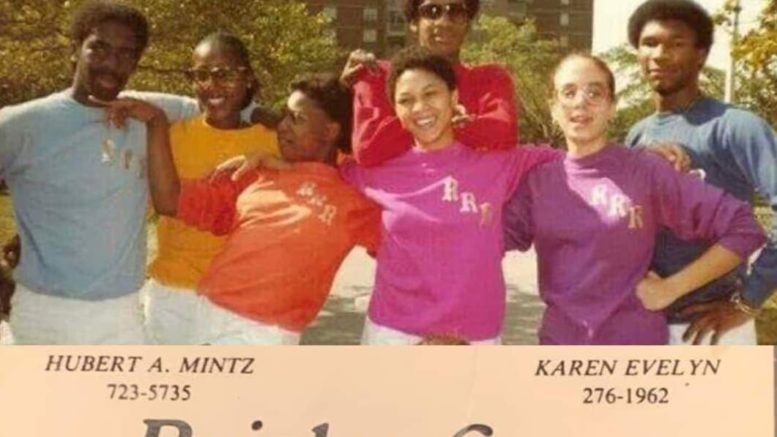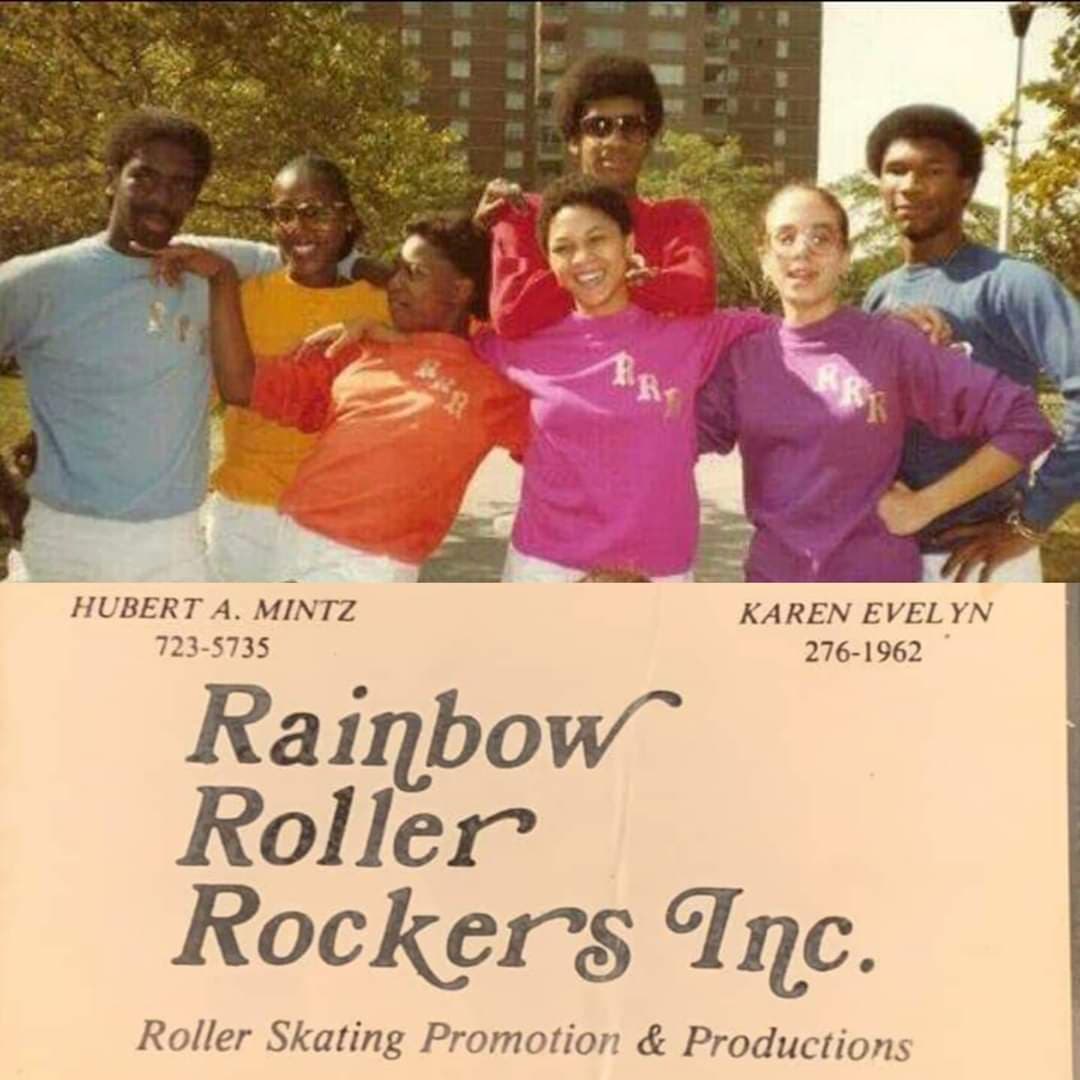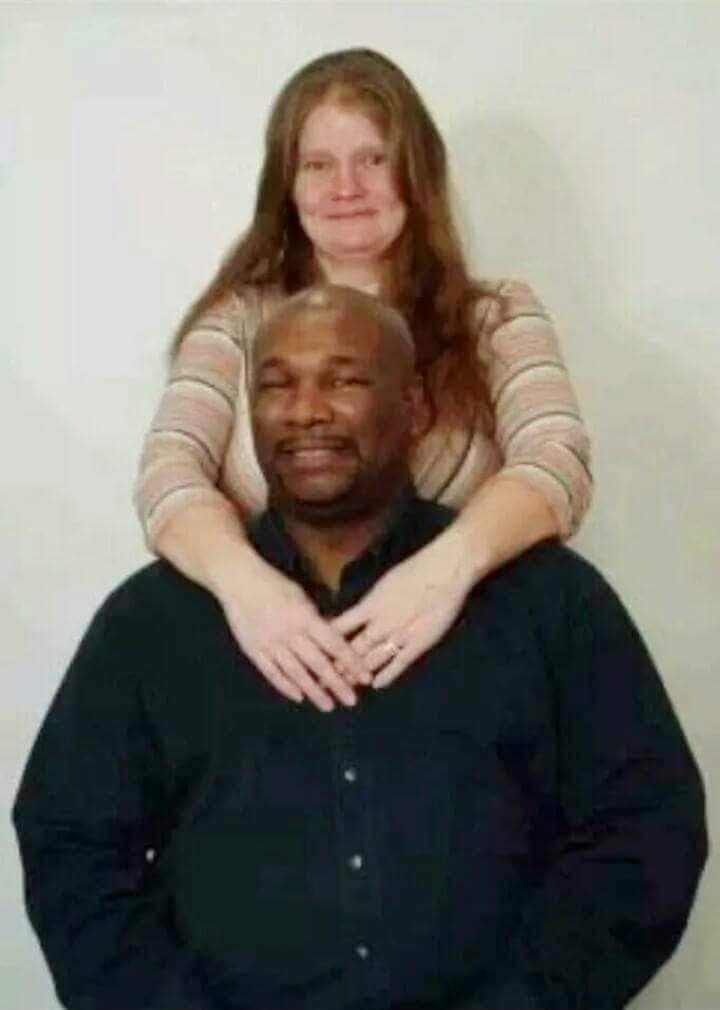It was 1963 when Owego resident and Trustee Charles Plater was born and moved to Rochdale Village, a 120-acre co-op in southeastern Queens that was built on the site of a horseracing track. During that time there were also protests and racial tensions growing nationwide, a parallel to what is happening in America today.
But for Plater, the move to Rochdale Village sheltered him a bit from what was going on in the world. Plater grew up in a community where the color of his skin didn’t matter.
The co-op, which was described as an “experiment,” was promoted as a model of racial harmony in the midst of civil rights protests nationwide. According to Plater, the residents that lived in the village were of all races; it was very diverse.
“I grew up like that in the sixties,” said Plater in an interview last week, adding, “I didn’t’ know it, but it was an experiment; an attempt in desegregation.”
The village, he described, had an elementary, junior high and high school, and even had its own power so they weren’t affected by the New York City blackouts.
The village’s residents were also shielded from the crime spree by renowned serial killer David Berkowitz, also known as the Son of Sam, which took place in the 70s.
Because they had all of the amenities needed, there was no need for public transportation. The village had five large buildings at that time that were 13 stories tall. To this date, Plater’s parents reside in the village.
Plater recalled a group he belonged to from the late seventies and into the eighties known as the “Rainbow Roller Rockers.”
“We were the original skaters,” said Plater, adding, “We were a mixed group of kids that were just having fun.”
On the outside of the village, there were riots happening over injustices, and soon Reverend Al Sharpton came on the scene as a civil rights activist.
But again, Plater had little to no exposure to what was happening, and didn’t really see what racism could be until he married and moved to Brooklyn, and where he worked as a subway conductor.
He also recalled going into a Woolworth’s store, circa 1968. He was still a child, but he could smell the restaurant when he walked into the department store, even though they were not allowed to sit down to eat. He also remembers people looking at him and his mom as they walked in.
“I thought they were looking at me because I was cute,” said Plater, adding, “In hindsight, I see it now. I wasn’t taught hatred, I wasn’t among it.”
In 1997, Plater moved to Binghamton and eventually married again in 2000 to a woman named Sherry, from Newark Valley.
Plater worked in Endicott for a while, and would eventually move to Owego in 2000.
At first, Plater noted, he was being stereotyped.
“I was one of few people of color, so they thought I was selling drugs,” said Plater. But soon, he added, he became known as “the guy that works.”
Plater held various jobs after his arrival in the Southern Tier to include working at Owego Free Academy, where he taught special education. This is also where he met the late, and former Mayor, Ed Arrington. He said they would pass each other on occasion and would give each other a “head nod,” being two of the small handful of people of color in the area at that time.
Plater also worked for several hotels to include the Hampton Inn, where he went from being a houseman to becoming manager. After that he went to Vestal where he worked for Homewood Suites and then Candlewood.
“They wanted me for my personality and my hospitality,” said Plater.
But he wanted to be closer to home, so Plater went back to the Holiday Express and Treadway, and then got a job with Lockheed Martin in Owego. During this time he also ran for Village Trustee, a position he earned in 2017. He also drove Uber, a job cut short when the pandemic hit.
Now, and as a trustee, he also serves as police commissioner on the board; a position he takes on whole-heartedly.
Life was good for Charles Plater. He cautioned, however, to be careful what you wish for in life.
“I remember thinking, I wish there was something else going on other than the pandemic,” said Plater. “And then there it was, racial tension.”
His take on what is happening, nationwide, is that all lives matter.
“However,” he added, “what’s right is right, and what’s wrong is wrong,” speaking of the violence that is accompanying what was intended to be peaceful demonstrations and protest.
“When night falls they have professional looters,” said Plater. “They’re like pirates, they go where conflict is underway and find opportunity.”
He said that not all police are bad, and that right now many are scared. “The media is the one that blows it up,” he added of the violence, protesting, looting, and riots.
Ironically, he noted, the peaceful protesters probably watched the violence themselves from their own TV at home later in the night.
Today, Plater is the house that all of the neighborhood kids go to. “I’m that guy, the safe guy,” he added while describing Owego and his home as a slice of heaven. He and his wife have two sons, Jonte, 13, and Damien, 18.
His philosophy, “People will treat you they way you treat them; so always treat people with kindness. We need it today.”





Be the first to comment on "‘Kindness Matters’"